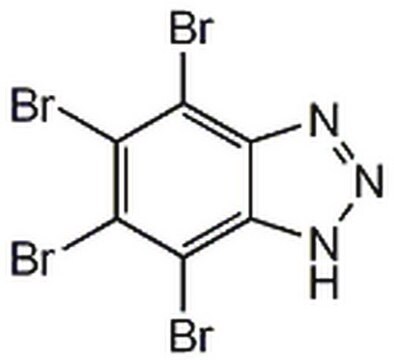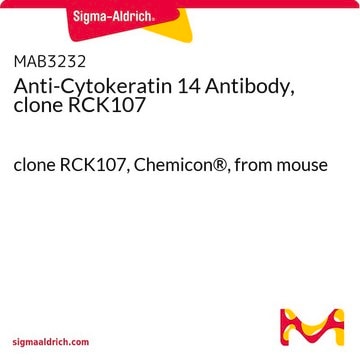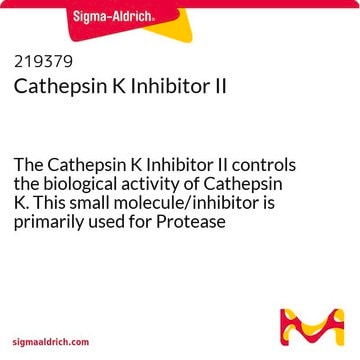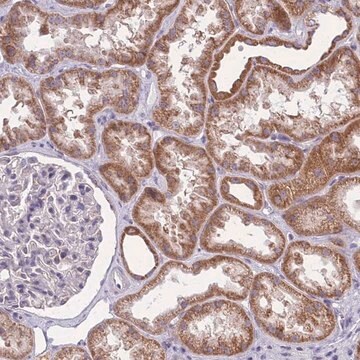CBL197F
Anti-Cytokeratin 14 Antibody, clone LL002, FITC conjugated
clone LL002, Chemicon®, from mouse
About This Item
Productos recomendados
origen biológico
mouse
Nivel de calidad
conjugado
FITC conjugate
forma del anticuerpo
purified antibody
tipo de anticuerpo
primary antibodies
clon
LL002, monoclonal
reactividad de especies
human
fabricante / nombre comercial
Chemicon®
técnicas
immunohistochemistry: suitable (paraffin)
isotipo
IgG3
Nº de acceso NCBI
Nº de acceso UniProt
Condiciones de envío
wet ice
modificación del objetivo postraduccional
unmodified
Información sobre el gen
human ... KRT14(3861)
Especificidad
FUSION PARTNER: NS1 myeloma cell line
Inmunógeno
Aplicación
Cell Structure
Cytokeratins
Optimal working dilutions must be determined by the end user.
Forma física
Almacenamiento y estabilidad
Información legal
Cláusula de descargo de responsabilidad
Not finding the right product?
Try our Herramienta de selección de productos.
Código de clase de almacenamiento
12 - Non Combustible Liquids
Clase de riesgo para el agua (WGK)
WGK 2
Punto de inflamabilidad (°F)
Not applicable
Punto de inflamabilidad (°C)
Not applicable
Certificados de análisis (COA)
Busque Certificados de análisis (COA) introduciendo el número de lote del producto. Los números de lote se encuentran en la etiqueta del producto después de las palabras «Lot» o «Batch»
¿Ya tiene este producto?
Encuentre la documentación para los productos que ha comprado recientemente en la Biblioteca de documentos.
Nuestro equipo de científicos tiene experiencia en todas las áreas de investigación: Ciencias de la vida, Ciencia de los materiales, Síntesis química, Cromatografía, Analítica y muchas otras.
Póngase en contacto con el Servicio técnico








